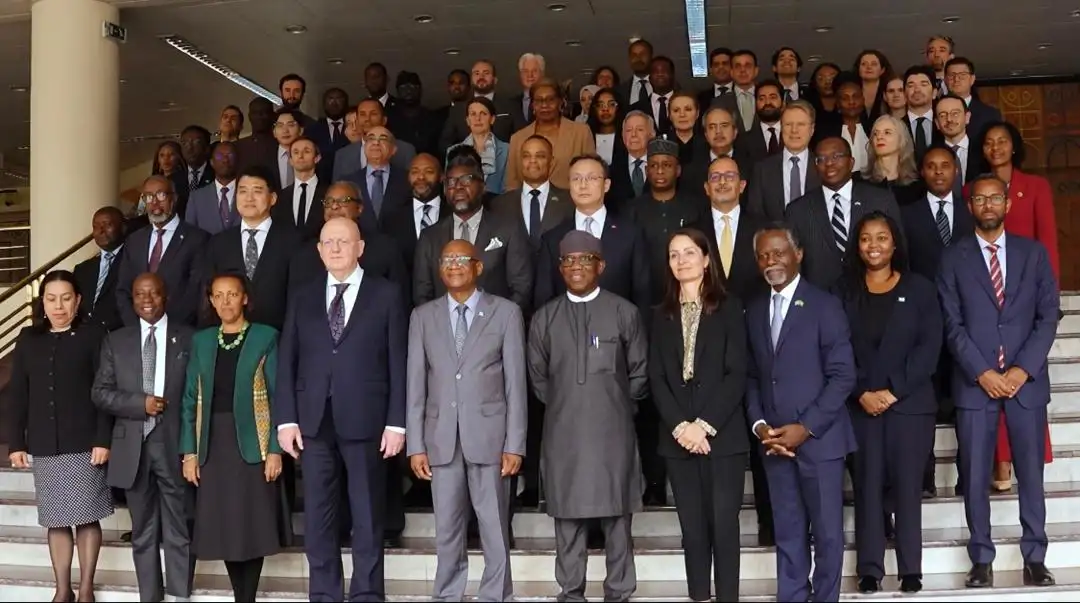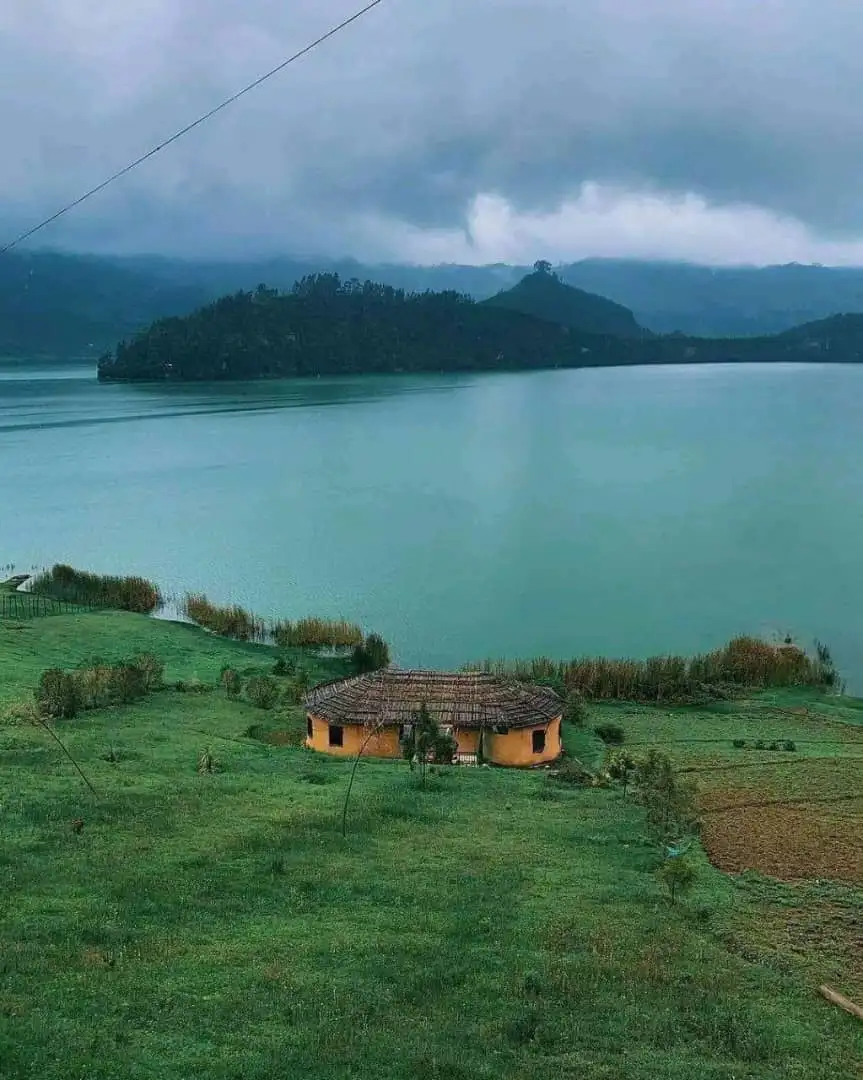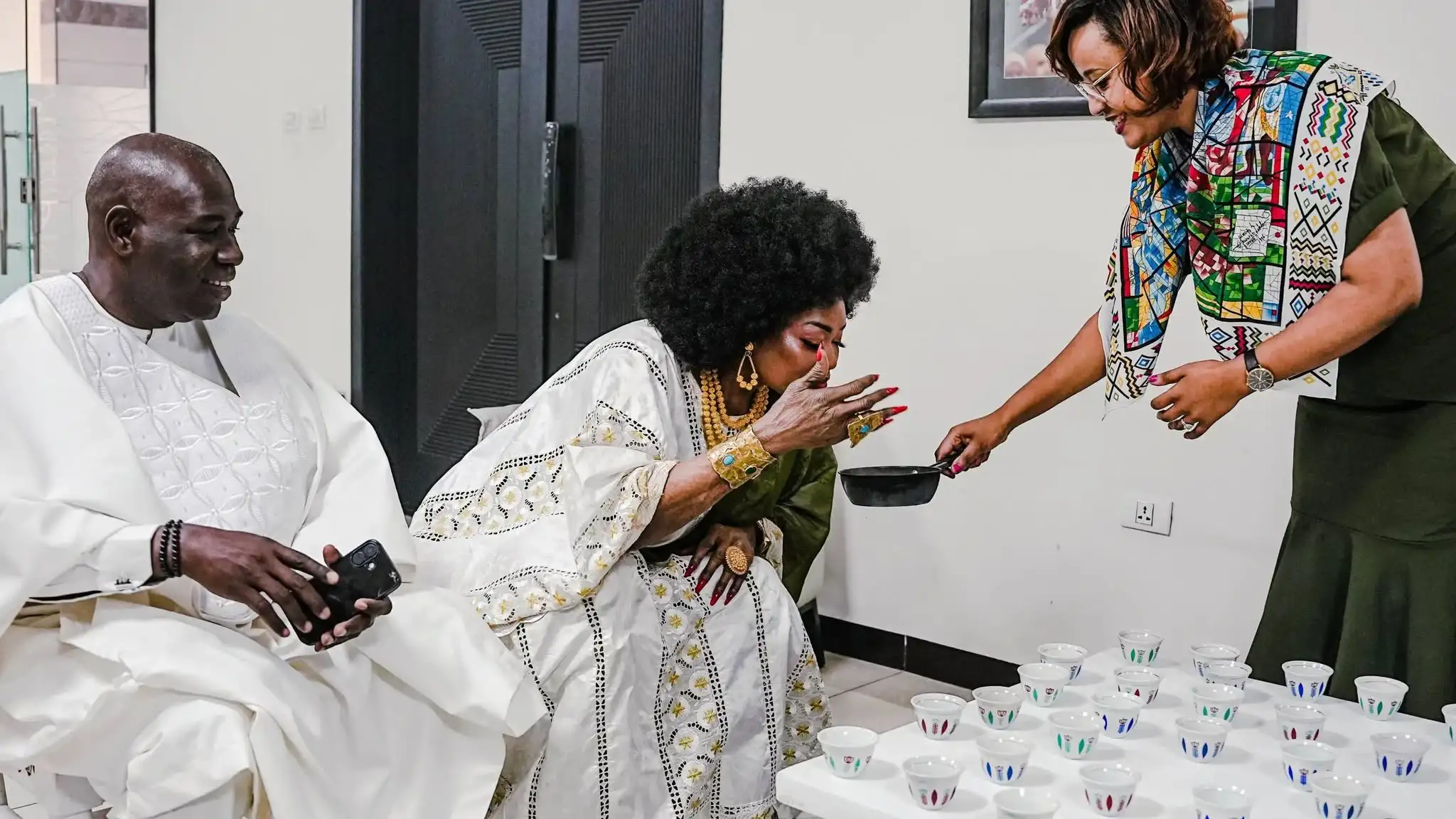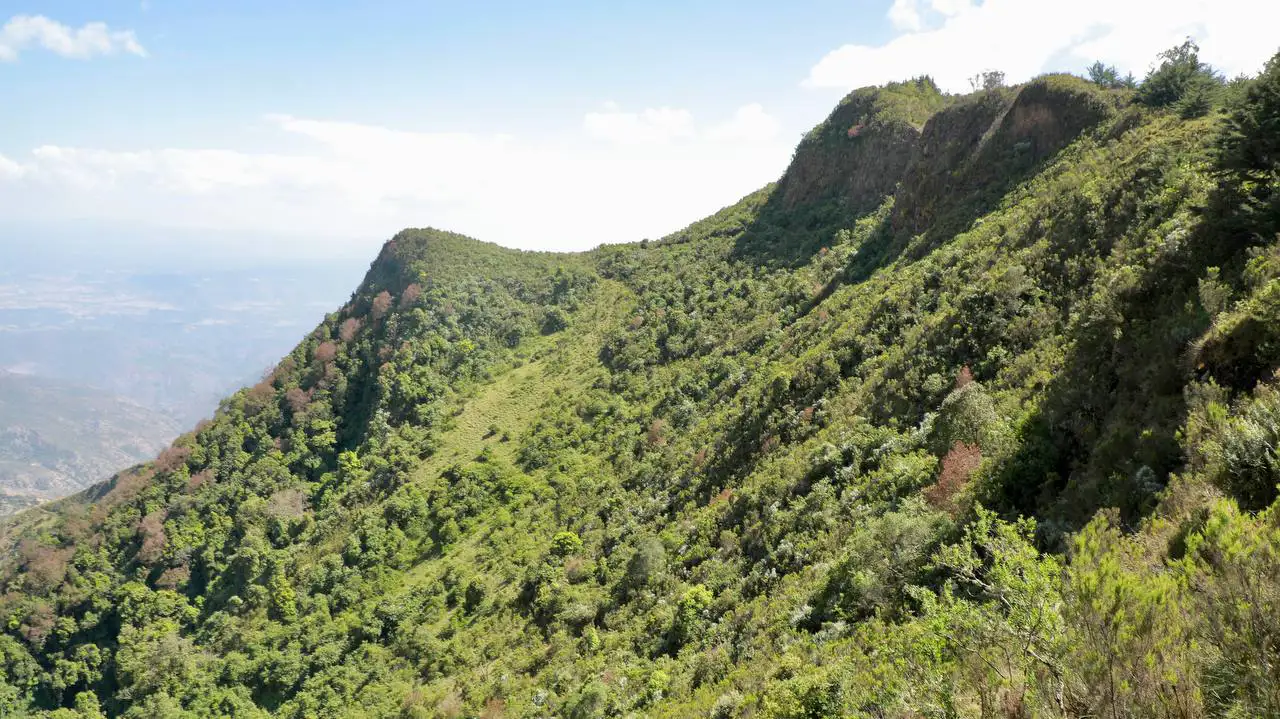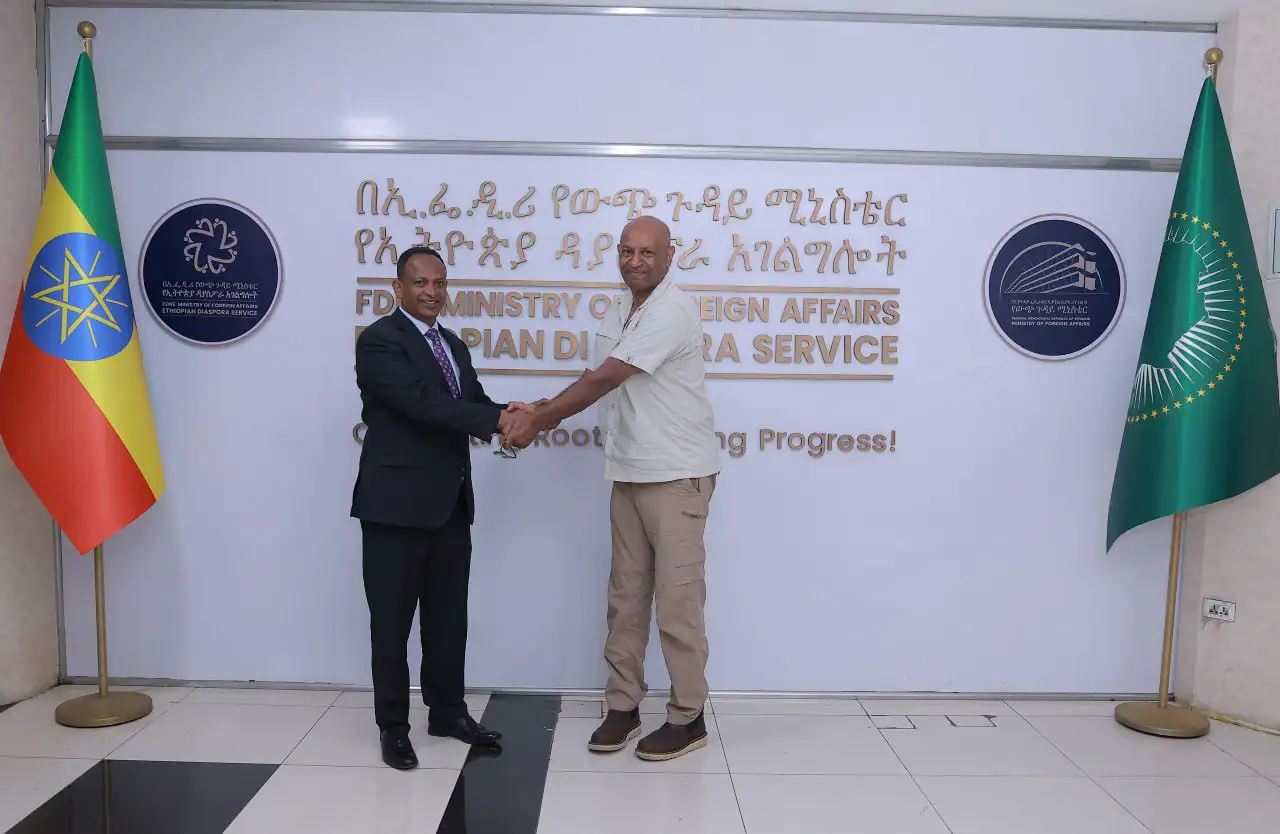By: Kassahun Chanie
The United Nations Security Council and the African Union’s Peace and Security Council have convened their first-ever joint meeting, an ambitious effort to tackle the continent’s most pressing peace and security issues.
Speaking from the African Union headquarters in Ethiopia’s capital, Russian Permanent Representative to the UN Vasily Nebenzya described the meeting as a “turning point” in international cooperation on African affairs. “The first joint meeting highlighted the close cooperation on African issues,” Nebenzya told the press. “The agenda for October is robust and far-reaching.”
And indeed, it is. At the heart of the discussions was the 25th anniversary of the Women, Peace and Security (WPS) agenda, an international framework recognizing the vital role women play in peacebuilding and conflict resolution. The councils reaffirmed their joint commitment to ensuring women are not only protected in times of conflict but also empowered to lead in the pursuit of peace.
But the conversation didn’t stop there. The meeting tackled the continent’s entrenched and evolving threats, including terrorism, violent extremism, and maritime insecurity. Special attention was given to hotspots like the Lake Chad Basin, where the shadow of Boko Haram continues to loom large, and the Gulf of Guinea, a region battling rising piracy and illegal trafficking across its waters.
A key part of the joint mission, according to Nebenzya, is to strengthen homegrown African-led peace operations. Initiatives like the East African Standby Force (EASF) were evaluated, with both councils exploring strategies to bolster these operations with better training, logistics, and international support.
Ongoing crises across Sudan, South Sudan, and the Great Lakes region were also front and center. In particular, the eastern Democratic Republic of Congo (DRC), a flashpoint for decades of armed conflict and humanitarian distress, was flagged as an urgent priority requiring immediate and sustained international attention.
A Blueprint for Deeper Cooperation
The meeting concluded with both bodies poised to adopt a joint communique outlining shared goals and coordinated strategies. For Nebenzya, this moment is not just symbolic but strategic. “We value regular and meaningful engagement with African members of the Security Council,” he said. “Only through collaboration can we truly address the root causes of insecurity on the continent.”
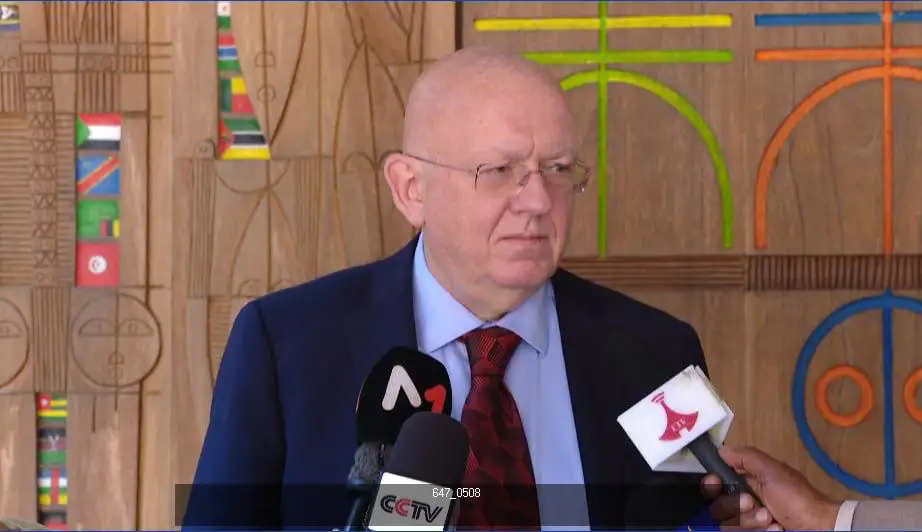
Vasily Nebenzya
Looking forward, the Russian envoy also offered a glimpse into the UN’s upcoming milestone: its 80th anniversary, to be marked on October 24, the date commemorating the signing of the UN Charter. A high-level briefing titled “UN at 80 Years” will reflect on the organization’s legacy and future path.
But before that celebration, another critical issue will take the global stage.
The Middle East Debate: A Thorny Precursor
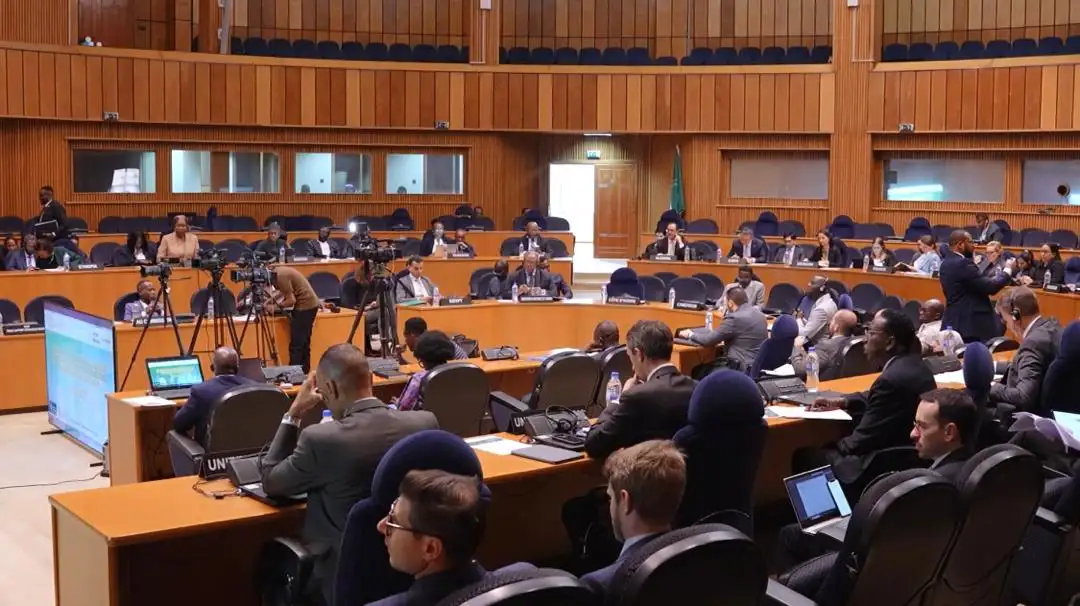 On October 23, the UN Security Council will hold an open debate on the Middle East, one of the world’s most intractable conflicts. Nebenzya emphasized that the discussion will involve all UN member states, not just Council members, highlighting the issue’s global significance.
On October 23, the UN Security Council will hold an open debate on the Middle East, one of the world’s most intractable conflicts. Nebenzya emphasized that the discussion will involve all UN member states, not just Council members, highlighting the issue’s global significance.
While candid in his outlook, Nebenzya acknowledged the continued elusiveness of a lasting peace in the region. “An ideal solution has not yet been found,” he admitted. He reaffirmed Russia’s long-standing position in favor of a two-state solution, enabling Israelis and Palestinians to live side by side in peace and mutual recognition.
Though expectations for concrete breakthroughs remain tempered, the debate is a reminder of the UN’s enduring commitment to diplomacy, even in the face of deeply entrenched divisions.
A Moment to Reflect and Reimagine
As the UN approaches its 80th year, the joint efforts with the AU send a powerful message: global peace and security can no longer be addressed in silos. Regional voices and international institutions must speak—and act—in unison.
The joint AU-UN Security Council meeting may not solve Africa’s myriad challenges overnight. But it lays the groundwork for a new era of cooperation, where solutions are shared, sovereignty is respected, and peace, no longer just an aspiration, becomes a collective responsibility.
